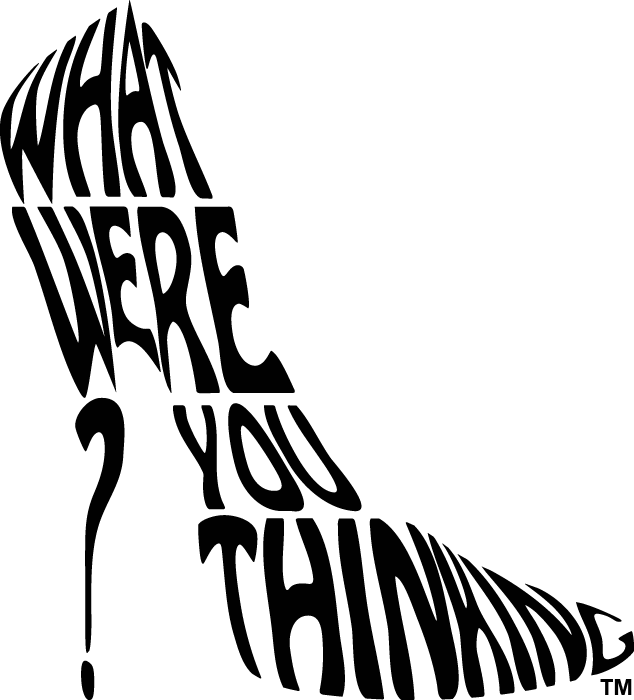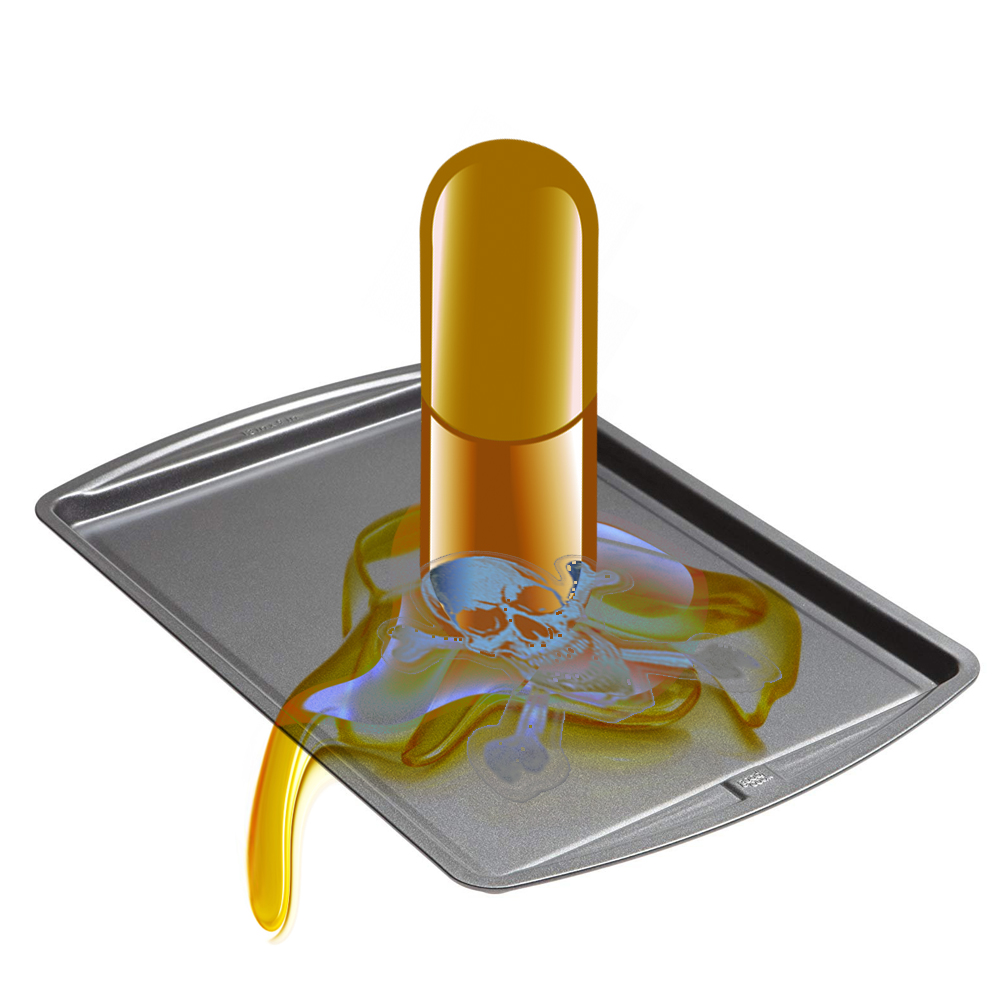Blog
Half-Baked
I’m done with pharmaceutical commercials on half-baked pills claiming various remedies at the cost of dozens of serious side effects.
I have yet to see a pharmaceutical commercial where the healing attributes are not in the shadow of a slew of dangerous complications. It’s not only about the medication but the trainwreck that follows. Like a half-baked cake, you won’t be able to slice it, poke candles in it or enjoy it, and it won’t taste anywhere near decent. You’ll likely get sick consuming it just like unsound medications, sacrificing what’s supposed to work for what doesn’t while aligning oneself with potentially lethal side effects.
We’re not dreaming; we see more drug ads on television. There were 771,368 Pharma ads shown in 2016 when this type of data became available. They are marketing more precisely to the population of 65+ who still watch television. After being bombarded with a cornucopia of drug ads while viewing some of my shows, I started wondering whether my slight twitch was something far more pressing. Imagine if the side effects were pleasing, like extreme calmness, pleasant tingling or clarity of thought. Instead, it’s suicidal tendencies, nervous system and blood disorders. That’s not even all of them, just the more serious and actionable ones they are aware of to date.
While having my morning coffee, a prostrate commercial surfaced focusing on frequent urination. It showed a slow faucet dripping; then, a fire hose turned on full blast. I wasn’t sure if the commercial was real or a skit from SNL.
Pharmaceutical companies happily pay billions to advertise to medical practitioners to take on their brand-name drugs. They also spend billions settling criminal and civil settlements from fraudulent marketing. The question is, do these practices truly help patients or expose them to risker and more expensive drugs that tax their bodies. It’s a game of Whack a Mole. Will you get the side effects or dodge them.
Pharma is a trillion-dollar industry built upon and dependent on sickness, not health. It’s ass backwards when it comes to consciousness. The inundation of Pharma ads skews our perception. There’s a ton of information they must squeeze into 60 seconds. The benefit of the drug, the demographic it serves, how much and frequently to take it and lastly, the complications. You don’t need fear or paranoia to be triggered, only a moment of doubt. If you’re a hypochondriac, you’re screwed. The industry is licking their chops to see who’s biting so their shares and profits can rise. That’s not healing, that’s business, and business is what the pandemic was all about. Who could make it to the finish line first and bank the most profits at the cost of a fallout that remains to be assessed and audited? We won’t know any of that for some years to come.
I’m not suggesting that pharmaceuticals are all bad; I’m saying that the intention of healing needs to be reexamined. The FDA just cleared a new drug for Alzheimer’s treatment. One of the advisory panel doctors at the FDA, Dr. Aaron Kesselheim, resigned, citing “it’s probably the worst drug approval decision in US history.” The price tag, a cool $56,000. That cost can make someone sick. What medication exists for the stress of having to purchase overpriced medication? Where’s the healing in that?
The industry needs an overhaul and a massive infusion of compassion, realigning the notion of what healing is and redirecting that focus, making it the priority. Currently, it’s about profit first, healing second and severe side effects third.
There exist only two countries in the world that permit the practice of advertising pharmaceuticals. One is the US, the other New Zealand. The pandemic exasperated the growing mistrust that previously existed around the pharmaceutical industry of which they are the architects. It resulted in nine new billionaires, from Moderna’s CEO Stéphane Bancel to Albert Bourla, CEO of Pfizer. Bourla defended his profits claiming his company took on all the risk in developing it. A loaded statement whose accuracy I question.
Money and profit can create quite a bunker to shield one from the true healing intention. That union has enjoyed deep traction, yet I’ve noticed the public becoming distanced from the previously-established laissez-faire attitudes. That false sense of trust around the legal drug pushing that Pharma does so well is faltering. Ads of people strolling through a local fair or farmers market smiling in the shadow of suicidal tendencies, brain aneurysms, or even crapping their pants. All outcomes fail to make it to the commercial’s narrative except for the ticker tape warning in a tiny font size requiring magnified eyewear to read while it sits below the singing birds, the green grass, the sun shining, and laughter filling the screen. Framed more like a peek behind the curtain to what we will experience when we cross over. Not what exists. A modern-day compressed fairy tale, however, this one is entirely rooted in illusion. The only element missing is Bambi.
Growing up in an Eastern European family, we were encouraged not to take ill. Getting sick meant you needed medicine, which cost money that we didn’t have. We practiced preventative medicine. We resorted to old-world recipes that included the likes of onions, garlic and of course Slivoice, a plum brandy to see us through. By grade one, I had a robust immunity, being fed and nurtured with old-world awareness around my health. Colds and flu didn’t dare knock on our door.
Indigenous and eastern medications have been around for centuries possessing remarkable healing potential. There is a treasure trove of healing within nature. The problem is you can’t profit off of natural substances because you can’t patent them. We have bought a bill of goods from Pharma that the pills they carry will override all other healing methodologies, and they won’t.
A new way of being within this industry would mean rendering a significant crack in prioritizing healing. I’m aware of the cost of Research and Development of medications. I’m also mindful of the cloud of profit looming over that process, preserving and prioritizing its focus overhealing. You need only follow the path of money.
I’m reminded of Martin Shkreli, the former CEO of Turing Pharmaceuticals, who hiked the price of a Daraprim, an HIV drug, from $18.00 to $750 a pill. The poster boy of greed in the pharmaceutical industry. His investors were thrilled. However, those dependent upon it were terrified. There’s no healing in that, but there is poetic justice when Australian school children with a shoestring budget recreated a synthetic version of Daraprim for $2.00 a pill.
It’s a fact that some fantastic medicines exist, but others remain half-baked, and the public is catching on. To take something that helps one ailment causing severe side effects is not serving. It’s not even a wash. Everything in your body is connected. As soon as you introduce something foreign to it, your entire body experiences it. Those robust in their immunity might slide through, but others are stopped at the starting line.
We are perfect when we are born, but we lose sight of how magnificent our bodies function and work. We poison them with fats, sugars and chemicals and then wonder why we get sick. We get a script from the doctor and take more chemicals and continue to distance ourselves from our alignment. Medications are supposed to be temporary to find our way back. And we can, through diet, exercise, stress management, meditation and other practices, but that’s far more effortful than swallowing a pill, and Pharma is banking on our laziness.
Our health care system would do well by focusing on preventative medicine. Having someone battle a full-blown disease is the most expensive way of providing treatment. Preventive medicine, I can see, will be the direction of the future. It’s already a billion-dollar business in the Homeopathic world and growing.
The Pharma ads remind me of the days of corporate annual reports. No one read what was going on with the company. They just looked at the images and decided whether the people in the photographs were happy and depicted success, in which case they’d invest further into the corporation. Perception and illusion are critical factors in the success of pharma advertising.
Ultimately, I see the glass half full and am aware that there are people out there in biotech whose intentions are indeed about healing and tightly woven around a pure intention. In Canada, we have Medicago leading the charge.
It’s time that the pharma industry stops putting out half-baked cakes. If a pill does one thing at the cost of six, then it’s not ready to be released to the public. Half-baked isn’t baked. If human beings are ingesting it, the stakes are high, and that fact needs to be non-negotiable.
For half-baked to become the new norm, then mediocrity is the new excellence, and it simply is not.

